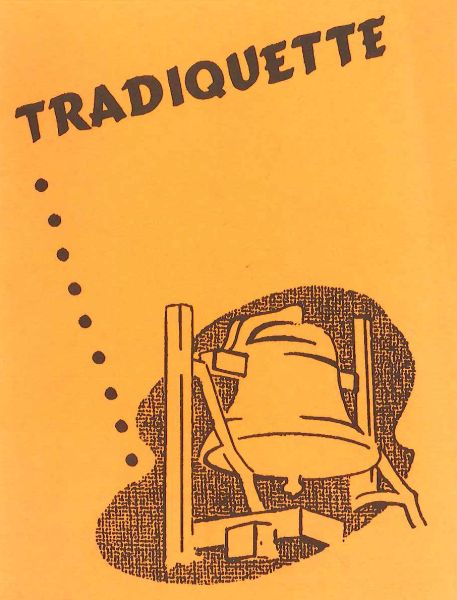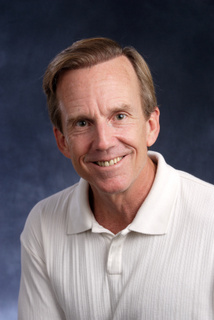by Leland Ryken, Clyde S. Kilby Professor of English Emeritus (Spring 2004)
Sabbatical. Noun. A year or half year of absence for study, rest, or travel, given at intervals, originally every seven years, to teachers, in some colleges and universities. This dictionary definition confirms again what I regularly tell my students in my literature courses-that abstraction and propositional discourse, for all their usefulness, never do justice to human experience as actually lived.
It is doubtless risky for me as a teacher to say that my recently completed sabbatical semester was my best semester in 36 years on Wheaton’s faculty, but…last semester was my best semester at Wheaton.
What my sabbatical semester gave me more than anything else was leisure of a certain type.The word leisure is traceable back to the French word leisir, from the Latin licere, meaning, “to be allowed.” Our word license comes from the same root.
What did I have license to do while on my glorious sabbatical? I was free to pursue a wide range of research and writing projects without intrusions. I was still sometimes the first person to arrive at the office and the last to leave, but since it was something I was free to do rather than obliged to do, even that felt leisurely. In addition, I woke up without the sense of latent anxiety that I feel even after all these years when I wake up knowing that I need to stand before an audience.
My sabbatical gave me the freedom to speak around the country in a way not allowed by my teaching routine-at Milton conferences in Tennessee and Pittsburgh, a Reformation Day in Dayton, a writer’s conference in Virginia, a theology conference in Atlanta, colleges in Alabama, a Christianity-and-the-arts conference in Kansas City.
I also had license to do some of my study and writing in sites far removed from Wheaton, and the result was a feeling of accomplishment with a “value-added” sense of refreshment and expanded horizons. My ongoing scholarly project is to contextualize Milton’s sonnets in a Puritan milieu. It was more invigorating to work on it at a chalet in Wisconsin and a hunting estate in Maryland than in my office.
All of my previous leaves of absence have been conducted under severe time pressure to meet a publishing deadline. I resolutely refused to let it happen this time, and it is one of the best decisions of my scholarly life.
In my writings on work and leisure, I have asserted that leisure must be felt as leisure before it genuinely is such. The sabbatical allowed me to translate that theory into practice, and I am grateful.
The following statement was included at the time of publication:
Dr. Leland Ryken has taught at Wheaton College for 36 years. He has published two dozen books (including edited and co-authored books). In 2003, Dr. Ryken received the distinguished Gutenberg Award for his contributions to education, writing, and the understanding of the Bible. His wife Mary ’88 is a graduate of the Wheaton Graduate School, and his three children- Dr. Philip Ryken ’88, Margaret Beaird ’93, and Nancy Taylor ’98-are graduates of Wheaton College.

